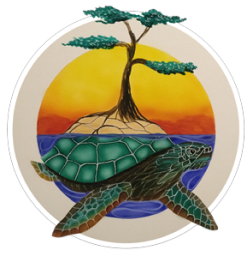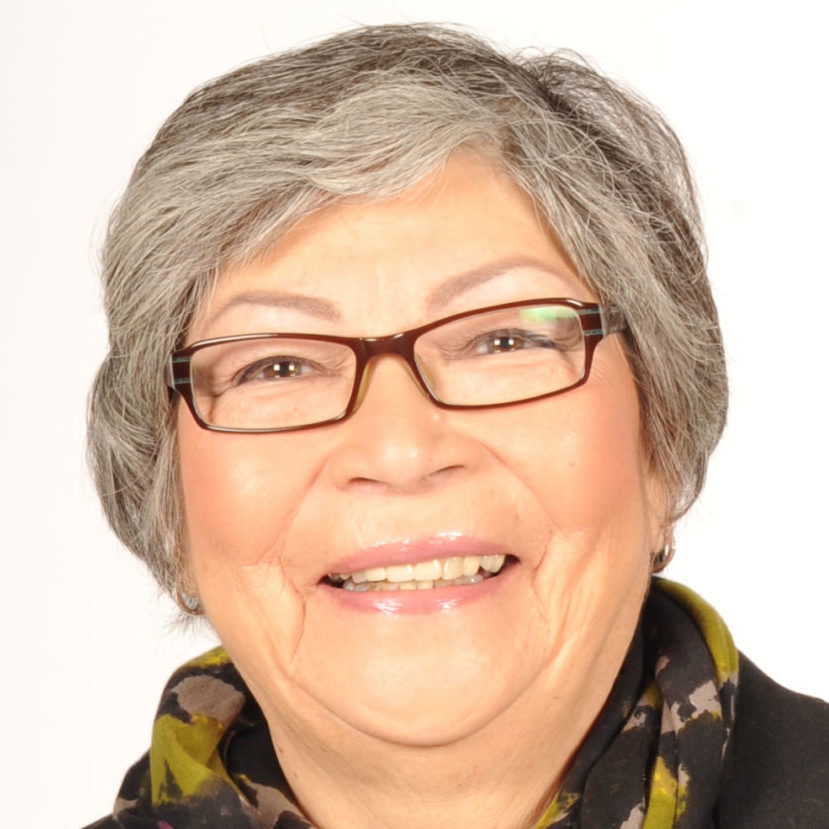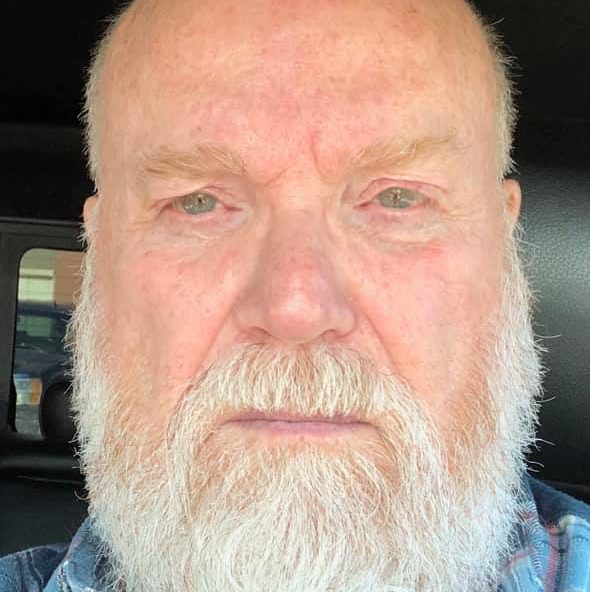The practice of omanitew – to celebrate your visitors, to make space for them physically and spiritually – is a core teaching and way of life in the iyiniw (First People, People of the Land) community. We need to make sure our visitors have the best, both while they are with us and when they leave. Our role is to honor their presence, provide emotional, physical, spiritual, and mental support, and to ensure they have everything they need to continue their journey. We believe that the practice of omanitew is only possible within the context of ceremony, and that our provision of services – our practice – is ceremony. We suggest, in accordance with the teachings and practices, that this is a more relevant concept then “cultural competency.” To practice omanitew with our clients is to celebrate when they enter our programs, make ceremonial space for them, and provide them with our best so they can continue their journey once they leave.
Many of us have received a very western-based education. This is not, in itself, a bad thing. It does become problematic when most services are western-based and not designed to serve individuals with iyiniw ancestry. Those working with iyiniw communities should have an advanced knowledge of iyiniw worldviews, beliefs, and values. It has been our experience that this learning can occur, and that both iyiniw people and non-iyiniw people benefit, in surprising and unexpected ways, when they have this learning. We believe that a more intentional training process, based in language, ceremony and Indigenous worldviews is of benefit to everyone, especially to the iyiniw community.
Prior to the COVID-19 pandemic, omanitew training was delivered on the land and in ceremony over four consecutive days facilitated by a team that included Indigenous Elders, knowledgeable team members, as well as appropriate ceremonies and protocols.
Currently, omanitew training (omanitew.irminc.ca) is delivered online through Moodle over four consecutive weeks with a focus on foundational pre-contact teachings, history and colonization, the transmission of intergenerational trauma, allyship, and the connection between healing and ceremony. The training provides a basic grounding in Indigenous worldviews and wisdom systems and will enable non-indigenous and Indigenous service-providers to acquire a deeper understanding of the importance of language, ceremony, and Indigenous worldviews.



